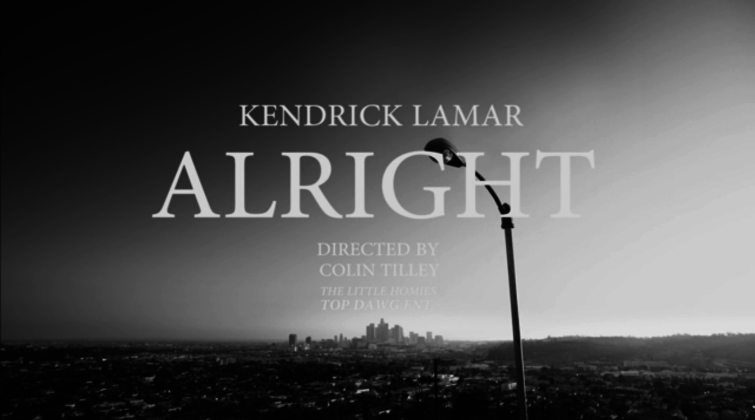

Because, does Chris Thile actually hate the po-po? Are they going to shoot him dead in the street for sure? You might say, well, Thile has done plenty of murder ballads in bluegrass contexts, and he didn’t literally mean those either. So what should Chris Thile and the rest of us be doing? One alternative that would be more in the spirit of hip-hop would be for Thile to write a song over the beat/backing of “Alright” that’s truthfully autobiographical, or at least plausibly fictional. But if you’re an American in the present day, you can’t ignore the issues around “Alright.” It’s easy to ignore the cultural and political issues of eighteenth century Vienna and other faraway times and places. The Western classical concept of “ absolute music” would have us believe that musical works exist in some Platonic realm of pure abstraction, but that belief is itself a politically motivated ideology. It’s inextricable from cultural and political context. And there’s nothing intrinsically wrong with straying outside your lane that’s how innovation happens. Of course Thile should be paying attention to Kendrick, everyone should. And what avenue does he have to explore this without imitation? I think in this case he is trying to challenge his audience as much as he is himself. Robby Burns puts the question I often ask how someone like Thile progress artistically without embracing musical influences that challenge him. I’m trying to be generous here, but the fact remains that Thile’s performance is “skin-crawling,” in the words of one of my Twitter friends. To his credit, Thile recognizes that his version was problematic: “I would readily admit that my love of the song kind of blinded me… I think it was a bad call.” This whole situation raises uncomfortable questions for other white people (like me) who admire black music and want to imitate it. Thile’s risk paid off, to an extent–you can go online and read positive reactions from people who had never heard “Alright” before, who were impressed by it, and who were even motivated to go listen to the Kendrick Lamar original. I went to a couple of tapings of the show back in the Garrison Keillor era, and while the crowd might have been politically liberal, it was also very old and uniformly white. He had little to gain by doing “Alright” in front of the Prairie Home Companion audience, and much to lose. Who can blame him for being taken by Kendrick’s song? Who can blame him for wanting to learn it, and sing it at home for his son, and then eventually do it on stage? Based on interviews, he seems like a good person. He has spent his entire career transgressing genre boundaries.


He’s a brilliant musician, arguably the best mandolin player in the world, maybe the best one ever. This song is a hard one to play and sing, and Chris Thile does it more than capably. If you’re unfamiliar with Kendrick’s song, get familiar, it’s one of the most significant musical works of this century so far, and it comes with a devastating video. But what happens when a white person is expressing sincere admiration, with only the purest intentions? What happens when Chris Thile sings “Alright” by Kendrick Lamar, as he did on the Februbroadcast of A Prairie Home Companion? It’s easy to dismiss the crass knockoffs, the modern-day minstrels, and the cynical thieves. Black music itself is a big deal, too, but it is dwarfed by the commercial ubiquity of white imitators. White people appropriating black music is America’s main contribution to world culture.

I turned this post into an academic journal article with proper citations–click to read it in Visions of Research in Music Education.


 0 kommentar(er)
0 kommentar(er)
